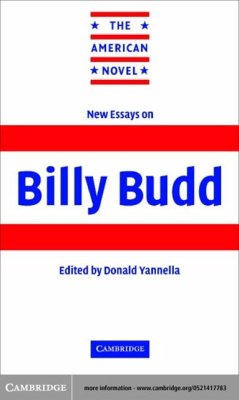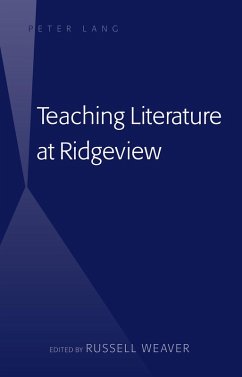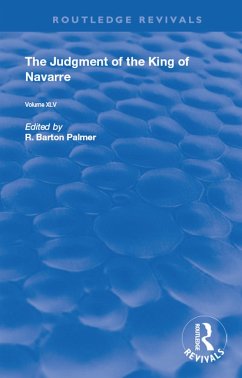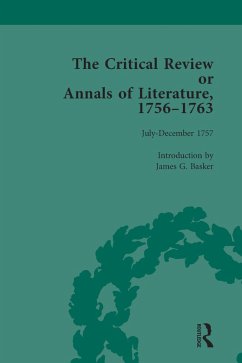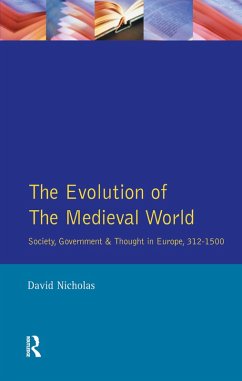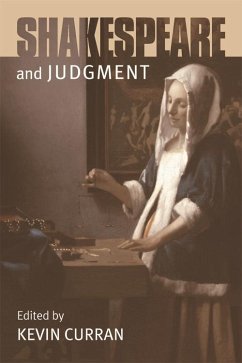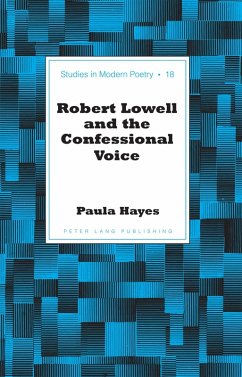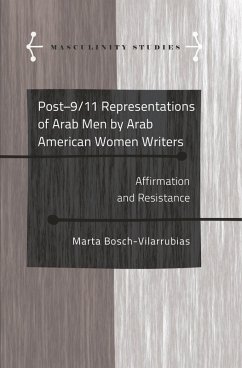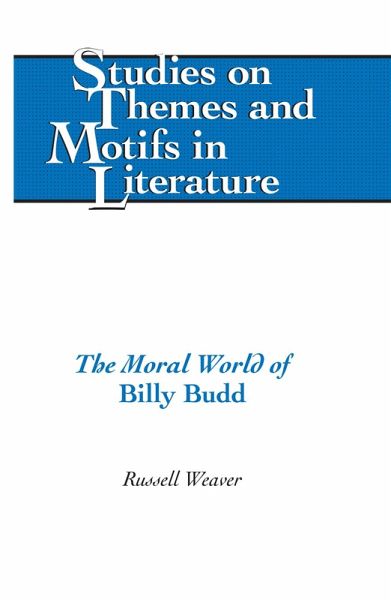
Moral World of Billy Budd (eBook, PDF)
Versandkostenfrei!
Sofort per Download lieferbar
Statt: 104,20 €**
76,95 €
inkl. MwSt.
**Preis der gedruckten Ausgabe (Gebundenes Buch)
Alle Infos zum eBook verschenkenWeitere Ausgaben:

PAYBACK Punkte
38 °P sammeln!
The Moral World of Billy Budd sees the novel not as inviting us to choose between the testament of acceptance and the testament of resistance, those views that, respectively, support and critique Captain Vere but rather as challenging us to experience the difficulty of making decisions in the world. The first part is devoted to an intensive examination of the evolution of the two testaments, including analyses of the three book-length studies of the novel, climaxing with Wenke's argument that the Genetic Text shows the novel's active pursuit of ambiguity. The second part analyzes the three maj...
The Moral World of Billy Budd sees the novel not as inviting us to choose between the testament of acceptance and the testament of resistance, those views that, respectively, support and critique Captain Vere but rather as challenging us to experience the difficulty of making decisions in the world. The first part is devoted to an intensive examination of the evolution of the two testaments, including analyses of the three book-length studies of the novel, climaxing with Wenke's argument that the Genetic Text shows the novel's active pursuit of ambiguity. The second part analyzes the three major characters, showing how the text almost programmatically complicates each judgment of them. This dynamic is especially true of its judgments of Captain Vere, the character at the center of the critical debate. The critical focus here is on the numerous dichotomies the text uses to present Vere's character, showing how an analysis of these terms leads to a more complicated view of him than previously seen. The Moral World of Billy Budd specifically argues that these oppositions are not intended to be resolved but dissolved, to be seen, that is, as needing to be overcome and approached rather as a means of engaging in a reflection on the nature of moral judgment itself. At the same time, despite the difficulties of deciding, it is clear from the text's perspective that, like Captain Vere, the reader too must decide between the possible alternatives even though any decision reached will be overshadowed by the larger dilemma of operating in a theater beyond our grasp.
Dieser Download kann aus rechtlichen Gründen nur mit Rechnungsadresse in A, B, BG, CY, CZ, D, DK, EW, E, FIN, F, GR, HR, H, IRL, I, LT, L, LR, M, NL, PL, P, R, S, SLO, SK ausgeliefert werden.




